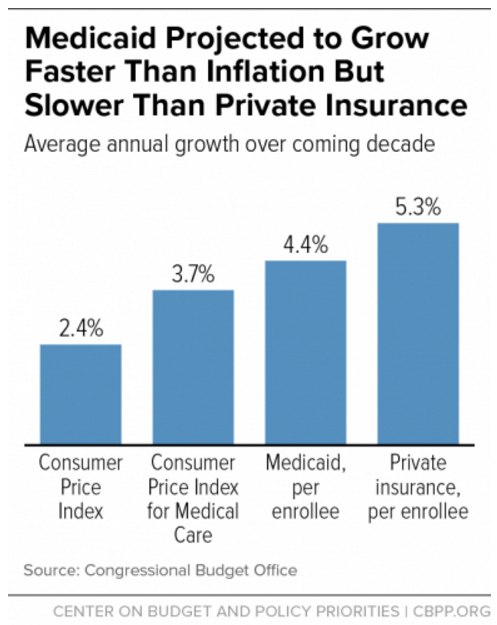A standard Democratic talking point about the as-yet-secret Senate health care reform bill is that it must be terrible because the GOP leadership won’t let anybody see it. The bill is being drafted in private by a small group of lawmakers handpicked by Majority Leader Mitch McConnell, and details have been sketchy at best.
It was a convenient claim for Democrats to make because McConnell and his team plainly don’t want to debate the content of the bill in public. They have effectively ceded the field Democrats, allowing them to make whatever claims they want. But nobody really thought the Senate bill would be a piece of legislation even more unpopular that the House-passed American Health Care Act.
Related: 5 Major Hazards on the Republicans’ Path to Health Care Reform
The AHCA has the lowest public opinion rating of any major piece of legislation in recent memory -- it isn’t even popular enough in the Senate for McConnell to guarantee the 50 votes he’ll need to drag it over the legislative finish line. Much of that unpopularity stems from various spending reductions in the bill meant to offset tax cuts that would almost exclusively benefit the wealthy, which would result in an estimated 23 million fewer Americans with health insurance over a decade.
But reports out Monday afternoon suggest the Senate negotiators may be defying conventional wisdom by putting together a proposal that could rival the House version in terms of its unpopularity.
The House bill, in addition to eliminating the Medicaid expansion program put in place by the Affordable Care Act, would limit the growth of Medicaid spending by transforming the program from an open-ended entitlement to a block grant administered by the states. One of the sharpest criticisms of the House bill is that it would tie the annual increases in per capita Medicaid spending to a rate of inflation for all medical costs, which is lower than the rate at which experts expect health care costs specific to Medicaid to grow.
The House bill’s treatment of Medicaid was enough to give some Senate Republicans pause, creating the possibility that McConnell might not be able to pull together the votes he needs for passage. That’s why it was so surprising on Monday when The Hill reported that the Senate had asked the Congressional Budget Office to review a plan that would cut the growth in Medicaid even more sharply.
Related: As Costs Mount, States Warily Eye Changes to Medicaid in GOP Health Plan
According to the newspaper, the Senate is considering a bill that would begin with the same growth formula as the House version but would transition to a rate based on the Consumer Price Index for Urban consumers. The CPI-U, as it is known, is substantially lower than the projected rate of medical inflation, and even further beneath the projected Medicaid growth rate.
Health policy experts warn that such a dramatic reduction in Medicaid funding would leave individual states facing the prospect of either reducing services or increasing their own spending on Medicaid. For states where the latter option isn’t feasible, that means fewer people will have health insurance.
“That means states would have to absorb even deeper cuts in federal Medicaid funding than under the House bill — which would cut federal Medicaid spending by $834 billion over ten years and slash enrollment by 14 million by 2026, relative to current law, the Congressional Budget Office (CBO) estimates,” wrote Edwin Park, vice president for health policy at the Center on Budget and Policy Priorities in Washington.
Park also warned that as Medicaid cuts stretch state budgets thinner and thinner, they will leave them less able to respond to unexpected crises.
“Cutting the growth rate in federal Medicaid funding would also leave states even less able to address higher-than-expected costs stemming from public health emergencies like another opioid crisis (which has driven up Medicaid costs among the states most deeply affected), a new epidemic, or costly breakthrough drugs and treatments.”





